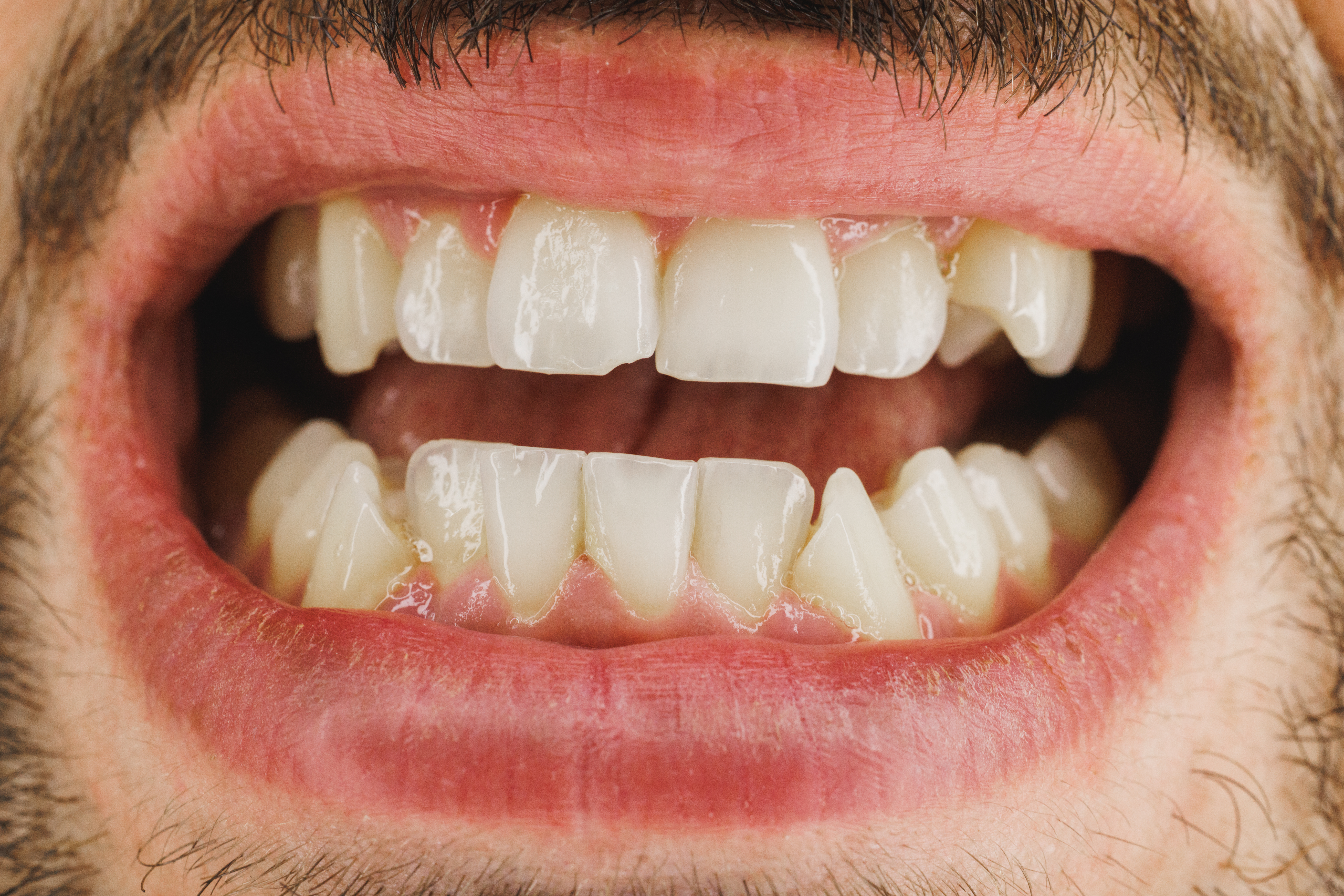When we think about bruises, we usually imagine a colorful mark on our skin after we bump into something. But can your teeth bruise, too? This question might surprise you, but yes, teeth can experience a type of injury that’s similar to a bruise. In this article, we will explore what a bruised tooth is, what it feels like, whether it can heal itself, and how to tell if it’s a bruise or something more serious like a dead tooth.
What Is a Bruised Tooth?
A bruised tooth, often referred to in dental terms as a tooth trauma or tooth contusion, occurs when there is trauma to the tooth or surrounding gum tissue. This injury can happen due to various reasons, including:
- Sports Injuries: Getting hit in the mouth during sports activities can lead to bruising.
- Falls: Accidentally falling and hitting your mouth can cause a bruised tooth.
- Biting Hard Objects: Crunching down on hard foods or objects can also cause trauma to your teeth.
Unlike a bruise on your skin, which usually fades away, a bruised tooth may require more attention, especially if the trauma is severe.
What Does a Bruised Tooth Feel Like?
If you suspect that you have a bruised tooth, you might notice several symptoms. Here are some common feelings and signs associated with a bruised tooth:

- Pain or Discomfort: You may experience localized pain around the affected tooth. This pain
might be sharp or dull and can sometimes radiate to nearby teeth. - Sensitivity: A bruised tooth can become sensitive to hot or cold temperatures, making eating or drinking uncomfortable.
- Swelling: The gum tissue surrounding the bruised tooth may become swollen and tender.
- Discoloration: The tooth may appear darker than the surrounding teeth due to internal bleeding.
If you’re experiencing these symptoms, it’s important to pay attention to them, as they can help determine whether you need to see a dentist.
Can a Bruised Tooth Heal Itself?
The healing process for a bruised tooth depends on the severity of the injury. In some cases, a bruised tooth can indeed heal on its own. Here are a few factors to consider:
- Minor Trauma: If the bruise is mild and there is no significant damage to the tooth’s structure, the tooth may heal without any intervention. You might notice improvement in a few days to a week.
- Severe Trauma: If the trauma is more severe, it may lead to complications, such as internal bleeding, which can damage the tooth’s pulp (the inner part of the tooth containing nerves and blood vessels). In such cases, the tooth may not heal on its own and could require dental treatment.
- Monitoring: If you suspect you have a bruised tooth, monitor it for changes. If the pain persists, worsens, or if you notice swelling or discoloration, it’s essential to consult a dentist.
Is It a Dead Tooth or a Bruise?
One of the most common questions people have when they experience tooth trauma is how to tell if a tooth is bruised or dead. A dead tooth (also known as a non-vital tooth) occurs when the pulp inside the tooth is damaged or infected, and it can no longer receive blood or nutrients. Here are some signs to help differentiate between a bruised tooth and a dead tooth:
- Color Change: A bruised tooth may appear darker than usual but not as dark as a dead tooth. A dead tooth often has a grayish or black appearance due to a lack of blood flow.
- Pain Levels: A bruised tooth typically causes temporary pain or discomfort, while a dead tooth may cause ongoing pain, sensitivity, or no pain at all.
- Gum Reaction: If the gums around the tooth are swollen, tender, or red, it might indicate that the tooth is still alive but injured. However, if there is a pus discharge or an abscess, this may indicate a dead tooth or infection.
If you’re unsure about your symptoms, it’s best to see a dentist. They can perform an examination and may take X-rays to determine the tooth’s condition.
How to Care for a Bruised Tooth
If you suspect you have a bruised tooth, it’s important to take good care of your oral health. Here are some tips to help you manage a bruised tooth:
- Rinse with Salt Water: Rinsing your mouth with warm salt water can help reduce inflammation and promote healing. Mix about half a teaspoon of salt in a glass of warm water and swish it around your mouth.
- Avoid Hard Foods: Stay away from hard, crunchy, or sticky foods that could aggravate the injury. Soft foods are easier to eat and less likely to cause pain.
- Over-the-Counter Pain Relief: If you’re experiencing discomfort, you can take over-the-counter pain relievers, like ibuprofen or acetaminophen, to help manage pain. Always follow the dosage instructions on the package.
- Cold Compress: Applying a cold compress to the outside of your mouth can help reduce swelling and numb the area, providing some relief.
- Monitor Symptoms: Keep an eye on your symptoms. If you notice any worsening pain, increased swelling, or signs of infection, make an appointment with your dentist.
When to See a Dentist

It’s essential to know when to seek professional dental help. You should see a dentist if:
- Severe Pain: If the pain from your bruised tooth is severe or persistent, it’s important to get it checked out.
- Swelling: If you notice significant swelling in your gums or face, this could indicate an infection.
- Discoloration: If the tooth becomes increasingly dark or if the discoloration spreads to other teeth, you should consult a dentist.
- Mobility: If the bruised tooth feels loose, it could indicate a more serious injury that requires immediate attention.
- Infection Signs: If you notice pus, fever, or any other signs of infection, it’s crucial to see a dentist as soon as possible.
Preventing Tooth Bruises
While not all tooth bruises can be prevented, there are steps you can take to reduce your risk of dental injuries:
- Wear a Mouthguard: If you participate in contact sports or activities where your mouth may be at risk, wearing a mouthguard can help protect your teeth from trauma.
- Be Cautious with Hard Foods: Avoid biting down on very hard foods, like ice or hard candies, which can cause trauma to your teeth.
- Regular Dental Check-ups: Visit your dentist regularly for check-ups and cleanings. They can help catch potential problems before they become serious.
- Educate About Oral Health: Knowing the signs and symptoms of dental injuries can help you respond quickly and seek treatment when necessary.
Conclusion
In summary, yes, your teeth can bruise, and understanding the signs and symptoms of a bruised tooth is essential for maintaining good dental health. A bruised tooth may heal on its own, but severe trauma may require professional dental treatment. Knowing the difference between a bruised tooth and a dead tooth can help you seek the appropriate care.
If you experience any pain, sensitivity, or discoloration in your teeth after an injury, don’t hesitate to consult a dentist. They can provide a thorough examination and recommend the best course of action. By taking good care of your teeth and being aware of potential injuries, you can help ensure a healthy and bright smile for years to come.


